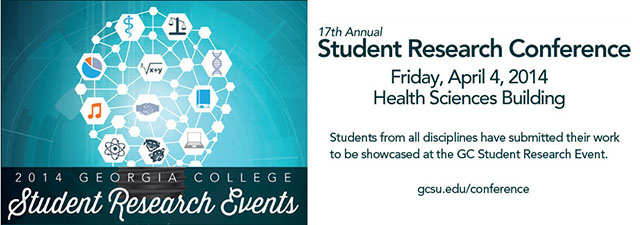
Event Title
The Effect of Perceived Financial Barriers on Academic Behaviors in High School Students
Faculty Mentor
Dana Wood
Keywords
Dana Wood
Abstract
The current research examines the effect of material hardship within the family on perceived financial barriers to college and ultimately academic behaviors and beliefs among Latino and black/African American high school juniors (N = 350). Participants attended a large urban high school in a high poverty neighborhood were recruited from eleventh grade English classes. They were asked to complete a questionnaire taken from a larger study examining resilience in urban youth including domestic life, evaluations of monetary status, and habits in school. We hypothesize that students who suffer from increased material hardship will perceive more financial barriers to college; perceived financial barriers to pursuing higher education, in turn, are expected to be negatively associated with academic motivation. These hypotheses will be tested using multiple regression analysis in SPSS. The implications of our research for the academic motivation of adolescents from economically distressed families will be discussed.
Session Name:
Poster Presentation Session #1 - Poster #05
Start Date
4-4-2014 11:30 AM
End Date
4-4-2014 12:15 PM
Location
HSB 3rd Floor Student Commons
This document is currently not available here.
The Effect of Perceived Financial Barriers on Academic Behaviors in High School Students
HSB 3rd Floor Student Commons
The current research examines the effect of material hardship within the family on perceived financial barriers to college and ultimately academic behaviors and beliefs among Latino and black/African American high school juniors (N = 350). Participants attended a large urban high school in a high poverty neighborhood were recruited from eleventh grade English classes. They were asked to complete a questionnaire taken from a larger study examining resilience in urban youth including domestic life, evaluations of monetary status, and habits in school. We hypothesize that students who suffer from increased material hardship will perceive more financial barriers to college; perceived financial barriers to pursuing higher education, in turn, are expected to be negatively associated with academic motivation. These hypotheses will be tested using multiple regression analysis in SPSS. The implications of our research for the academic motivation of adolescents from economically distressed families will be discussed.

